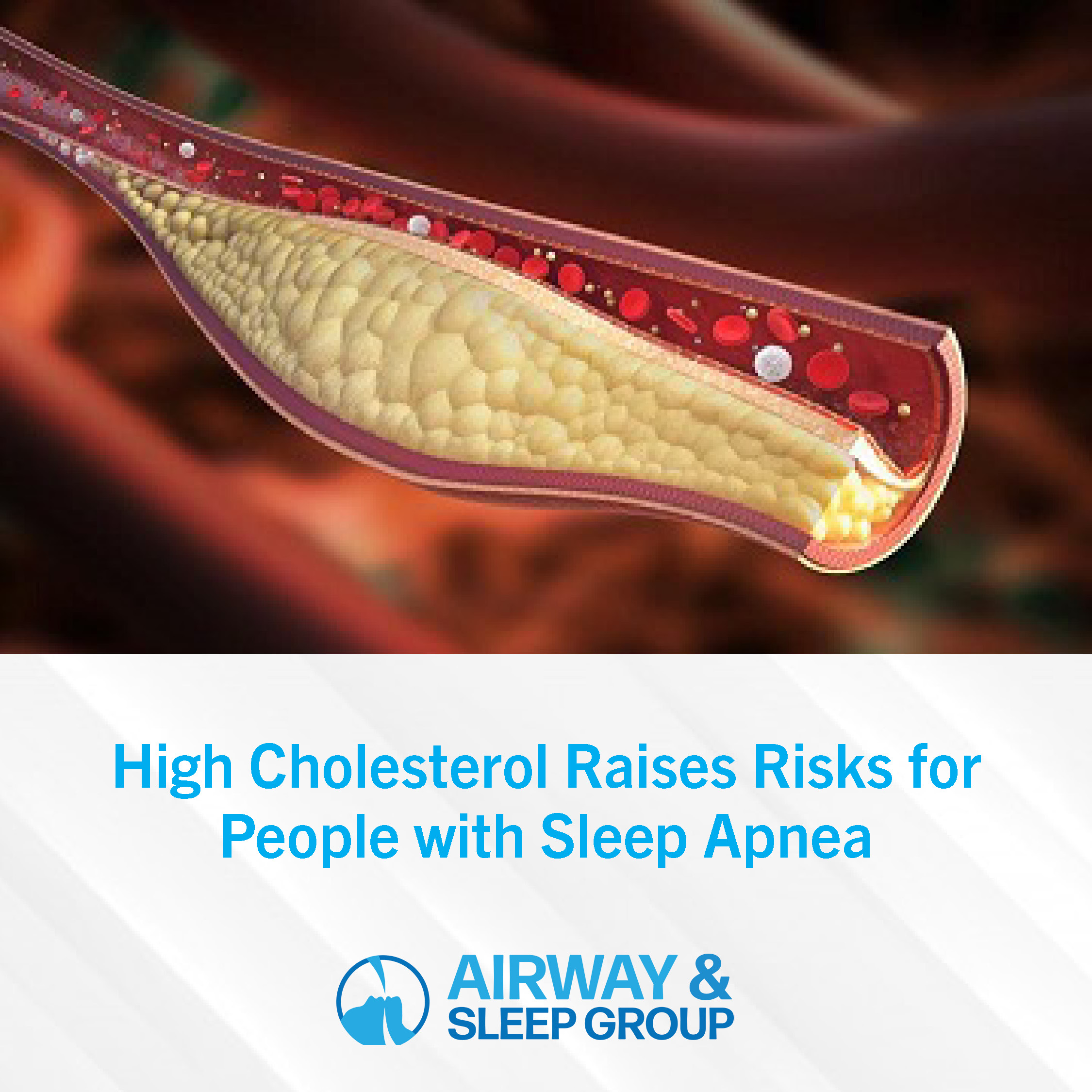Listen to the podcast here.
A study published in the Science Translational Medicine suggests that cholesterol, a common culprit in heart disease, plays a special role in raising risk for people with sleep apnea.
Dr. Klar Yaggi, a heart and sleep medicine physician at Yale School of Medicine explains why there are other reasons why sleep apnea could be bad for heart health. “Sleep apnea causes these very transient awakenings, most of the time without the patients realizing they are being woken up. Each of those awakenings is like a jolt of adrenaline,” Yaggi says. Over time, those episodes can cause clots to form in blood vessels and lead to heart attacks.
Dr. Atul Malhotra, a heart and sleep medicine physician at University of California, San Diego School of Medicine explored the science as to why sleep apnea can lead to cardiovascular risk. He concludes that it is the inflammation caused by sleep apnea that can cause heart attacks.
Though statins lower cholesterol by lowering harmful inflammation in blood vessels that can lead to cardiovascular diseases, taking statins won’t stop people from choking in their sleep. Malhotra says “If you give somebody a statin to prevent sleep apnea complications, they’ll still have fragmented sleep, poor quality of life, and risk for motor vehicle accidents.”
And though a CPAP machine and shedding excess weight can be effective treatment for relieving sleep apnea there is another alternative.
Sleep apnea occurs when there is a physical blockage in the upper airway preventing air from entering the lungs. Tooth removal and a high-arch palate in the mouth can limit the space for the tongue to relax naturally in the mouth.
Airway and Sleep group employs techniques like rapid maxillary expansion which is capable of increasing the maxillary arch and widening the mouth to allow the space for the tongue to rest comfortably in the mouth. Rapid maxillary expansion, or the DOME, Distraction Osteogenesis Maxillary Expansion technique widens a high-arch palate with associated nasal obstruction while improving symptoms of OSA and has proven to improve quality of sleep for obstructive sleep apnea sufferers.
Studies have shown significant improvement in patients with narrow maxilla and nasal floor with decreases in AHI (or Apnea-Hypopnea Index) scores after being treated with DOME or Rapid Maxillary Expansion. Patients also see an increase in REM sleep.
If you have high cholesterol and have symptoms of sleep apnea, contact Airway and Sleep Group at (571) 244-7329 for a diagnostic consultation.
Resource: Cholesterol Provides A Clue About Heart Risks From Sleep Apnea.

